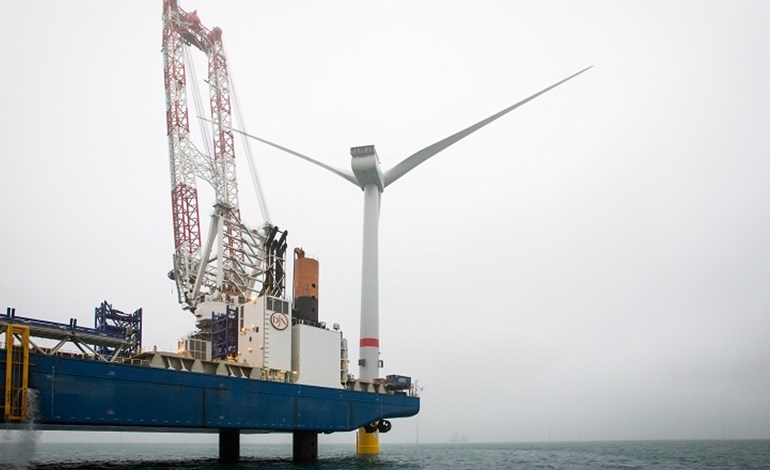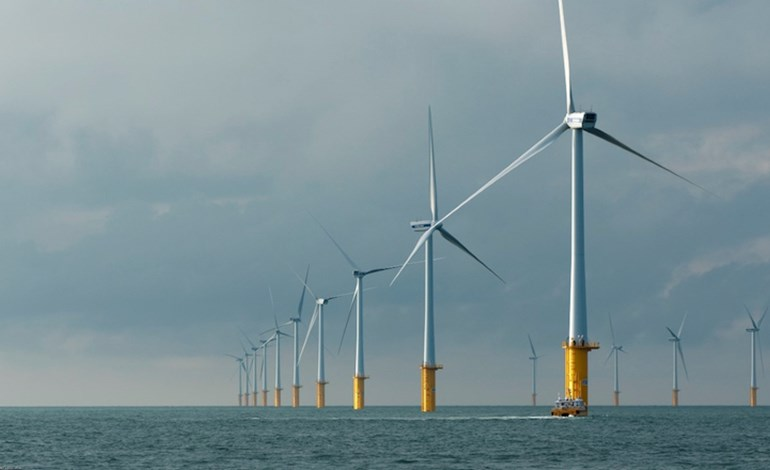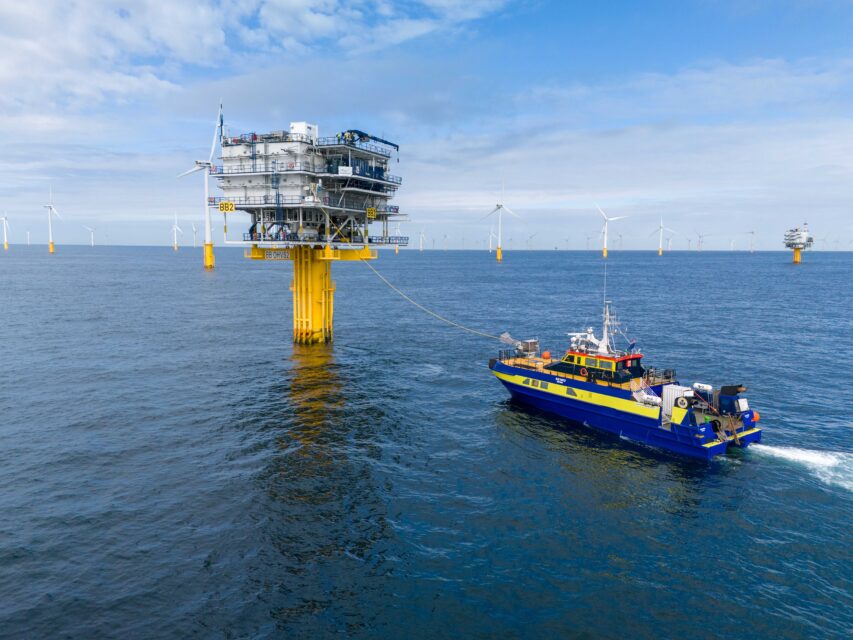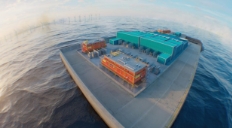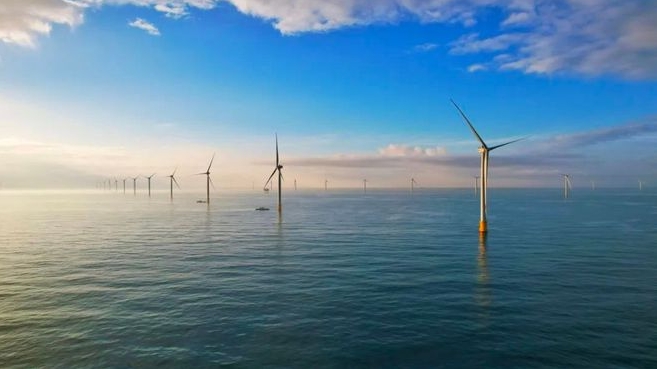
The Norwegian Agency for Development Cooperation (NORAD) will provide grant funding to the African Trade Insurance Agency (ATI) of $56million over the next five years, driving private investment into the African energy sector.
The grant will be geared towards the continued implementation of the ATI’s Regional Liquidity Support Facility (RSLF), which helps to mobilise private investment into renewable energy projects in Africa. It will also help develop additional insurance or guarantee products that support small and medium-sized renewable energy sector initiatives.
The NORAD funding will be split across first loss cash collateral for various initiatives and technical assistance support for ATI, which will come from the Norwegian Ministry of Foreign Affairs.
The RLSF was launched by ATI and KfW (the German Development Bank), to address short-term liquidity risks when financing small and medium-sized renewable energy projects in sub-Saharan Africa, by combining ATI’s suite of insurance products with a liquidity support instrument.
The Facility’s policy is used in lieu of, or as a complement to, the buyer payment security provided by state-owned offtakers under Power Purchase Agreements (PPAs) with Independent Power Producers (IPPs). The RLSF policy specifically addresses the risk of delay in payment by the offtaker beyond the credit period provided in the PPA.
Never miss a story. Join our community.
Liquidity guarantees provide security to potential energy sector investors
Since its launch the RLSF has supported four solar projects in Burundi and Malawi, enabling more than $150m in project financing and a total installed capacity of 108.5MW. ATI has also supported other renewable energy projects across its member countries, enabling an installed capacity of more than 500MW.
ATI currently directly supports the generation of renewable energy transactions to the tune of $210m. The NORAD grand and support will increase this exposure significantly in the long term.
Bård Vegar Solhjell, NORAD Director-General said the instrument will help unlock the private finance needed to bring the energy access gap, while contributing to the reduction of greenhouse gas emissions. “It is an important tool in catalysing much needed commercial investment into the energy sector in Africa. Dialogue with renewable energy developers has confirmed the high relevance of liquidity guarantees.”
Developing new products to support distributed energy resources
The RLSF can be accessed by IPPs working in ATI member countries who have signed the RLSF Memorandum of Understanding – Benin, Burundi, Côte d’Ivoire, Madagascar, Malawi, Uganda and Zambia. More than 20 more ATI member countries are expected to sign the MoU.
In addition to access to the facility, IPPs operating in these countries can also register for the Transparency Tool. This web-based platform shows payment trends of public utilities. In time, the tool is expected to bring greater transparency to the sector and hopefully increase the confidence of investors and other stakeholders.
In addition to providing support to the RLSF, a portion of the NORAD grant will be used to develop additional guarantees or insurance instruments. These will have a particular focus on the off-grid sector and other eligible forms of distributed renewable energy.
Manuel Moses, ATI CEO, says the partnership will go a long way towards enhancing their renewable energy sector initiatives. “This partnership is happening at an opportune moment as Africa is seeing greater interest from public and private stakeholders in the renewable energy sector.
“The grant will enable ATI to support more projects reach financial close, thus increasing electricity generation capacity and supporting sustainable economic growth in Africa. We are equally excited by the possibility off developing new products to help spur additional investments in distributed renewable energy sectors that have traditionally not benefited form the same level of funding and insurance support,” said Moses.
